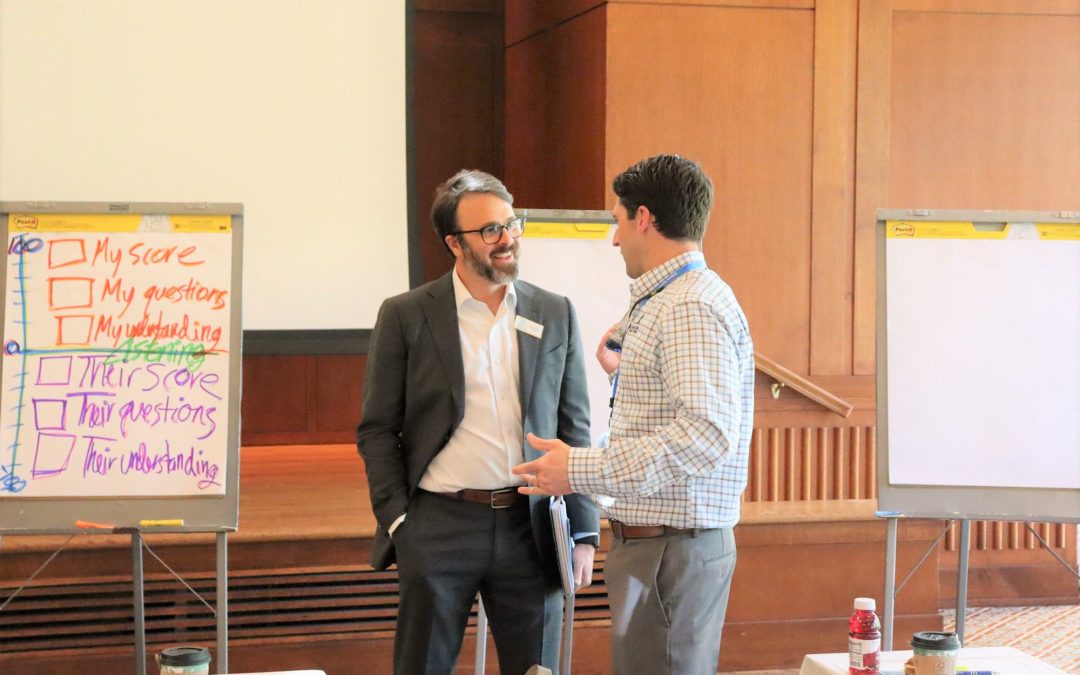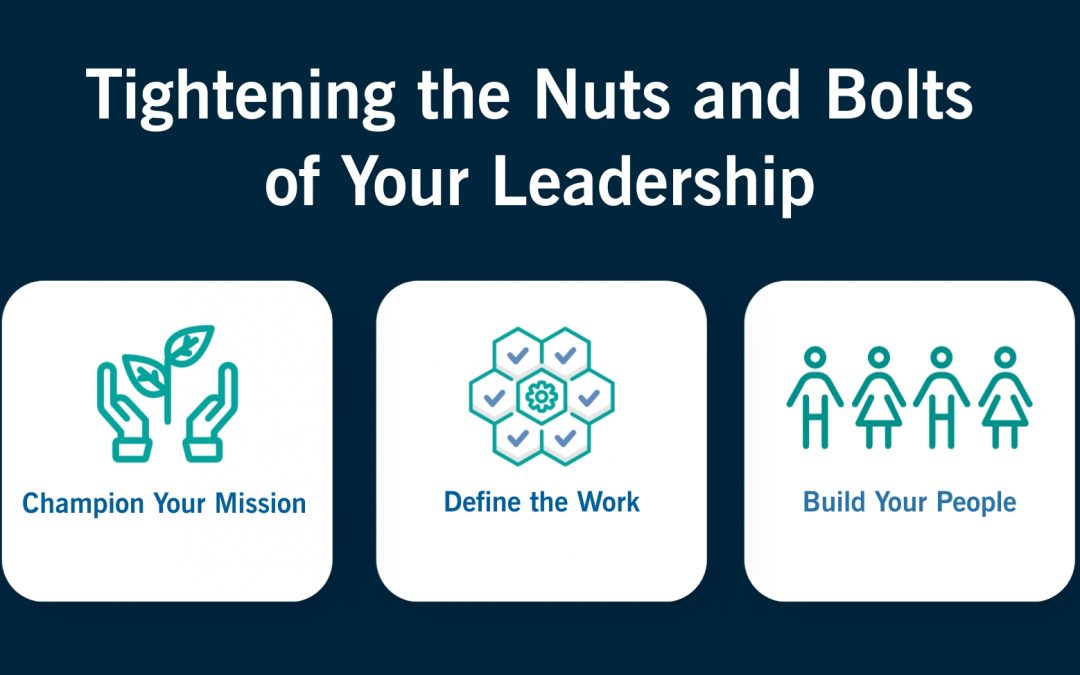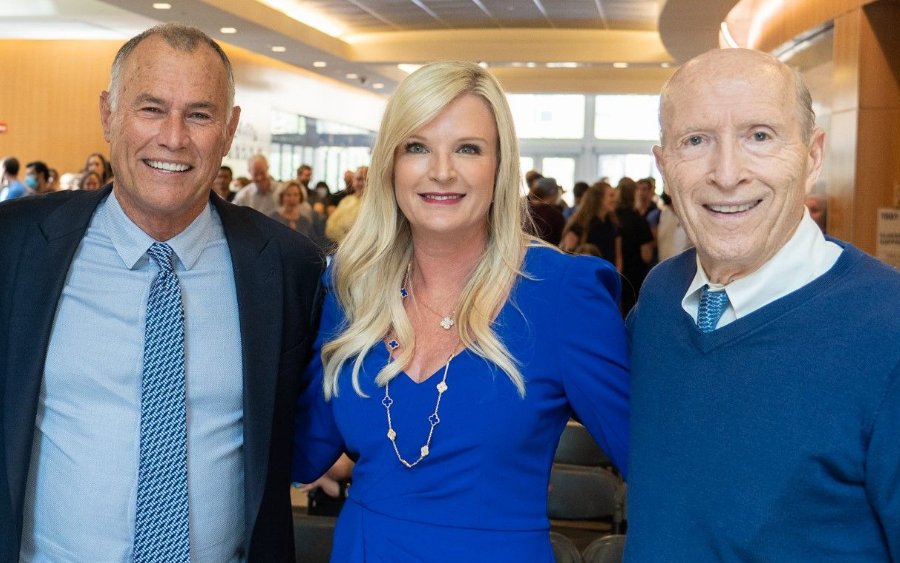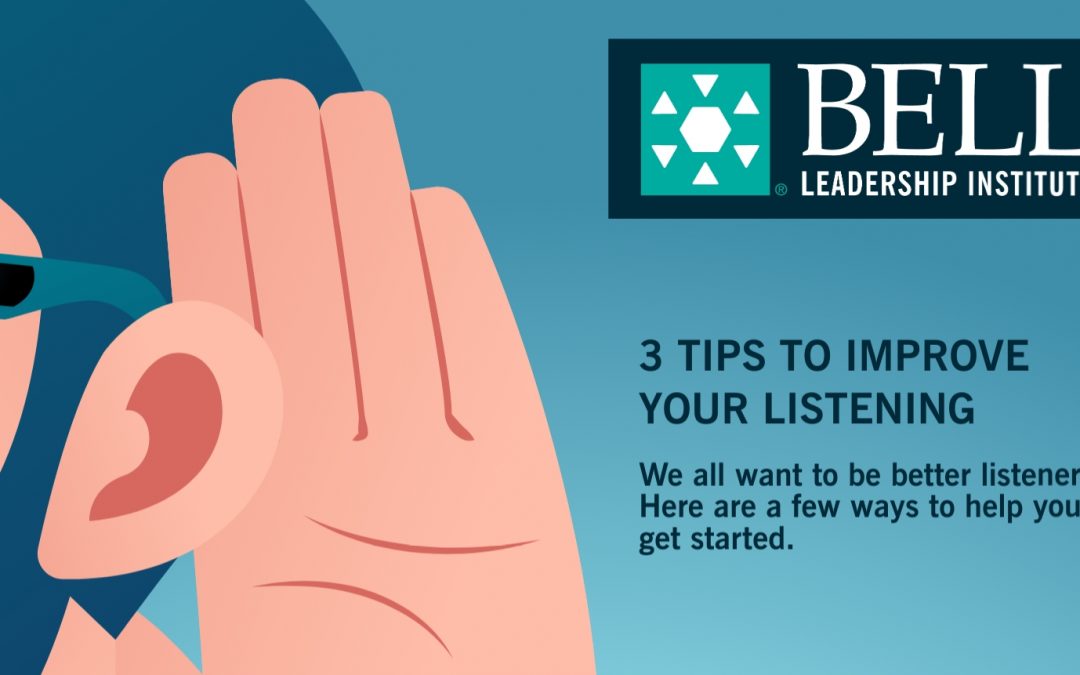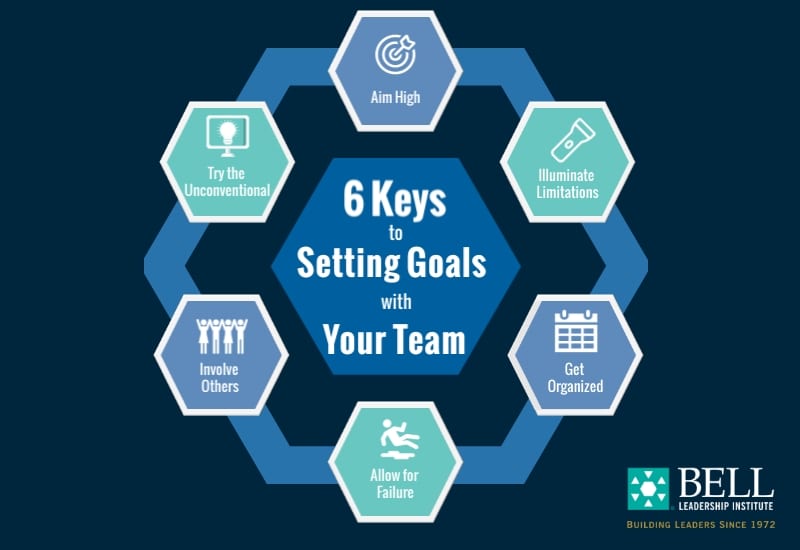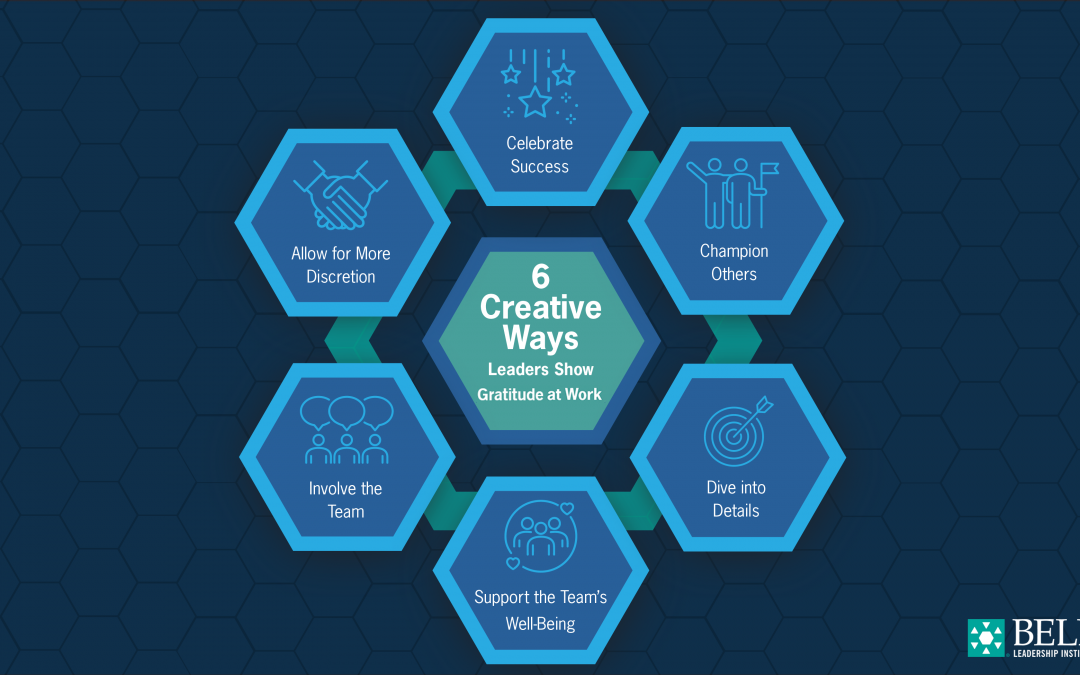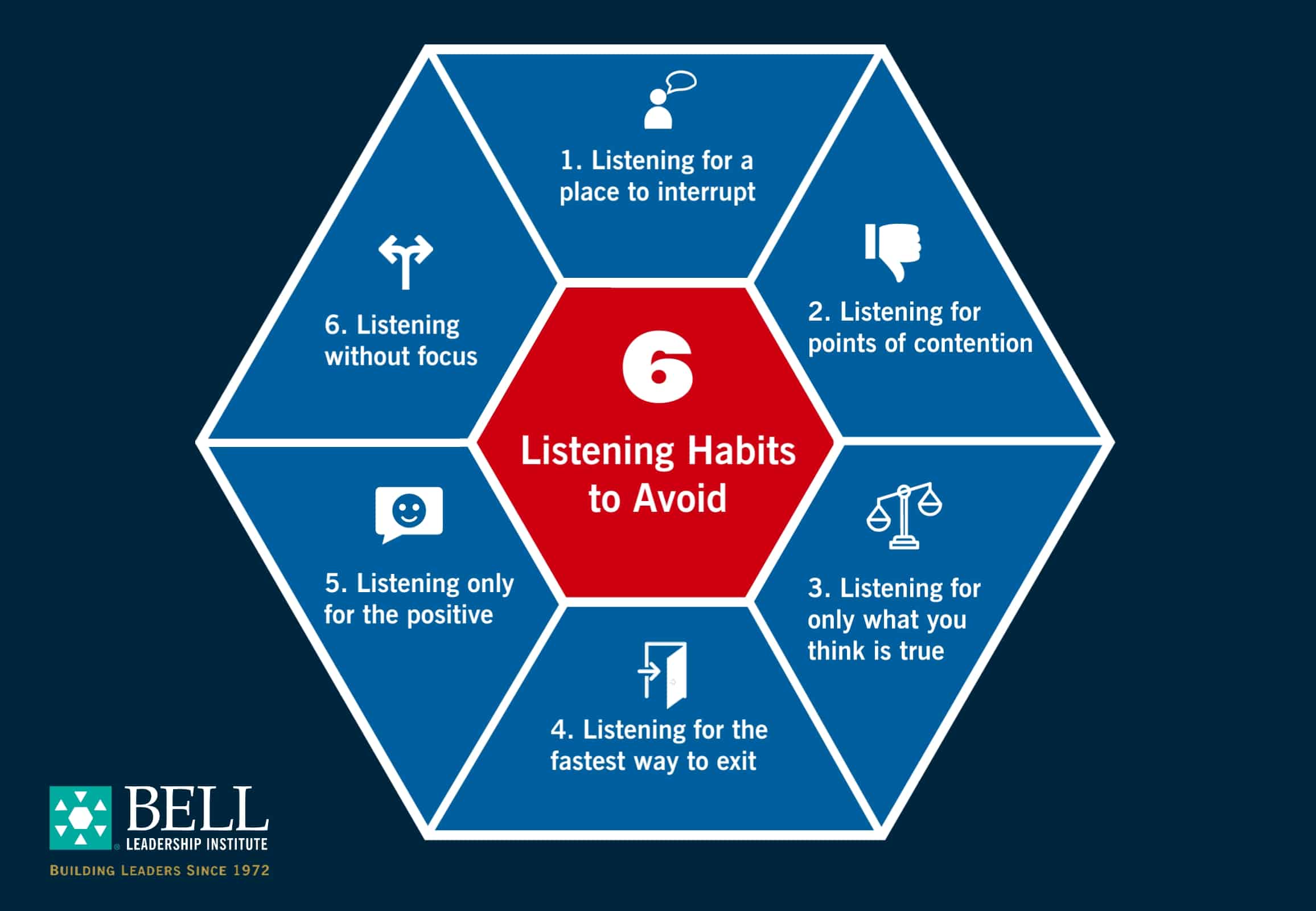
It’s well established that great leaders are almost always great listeners. Effective communication, whether at work, at home, or out in the world, starts with active, engaged listening.
You’ve heard it before; being a good listener is incredibly important. It’s well established that great leaders are almost always great listeners. Despite our best efforts, though, many of us fall prey to ineffective habits that can actually prevent us from being able to hear what others are saying. Effective communication, whether at work, at home, or out in the world, starts with active, engaged listening.
One of the best ways to build yourself this year is by becoming a better listener. It starts by having awareness of these ineffective habits and working to eliminate them. It will be one of the best steps you can take on the road to building your communications and yourself as a leader.
Which of these six ineffective habits do you find yourself doing?
1. Listening for when you can jump in and talk.
We all love to be able to say something about ourselves in relation to what someone else is saying. It’s not inherently bad, and it can be how we find commonality and make connections; however, if that opportunity to speak becomes your sole focus during a conversation and you’re not actually listening to the other person, that can cause problems when you’re not getting all the information you need. Also, it ultimately diminishes trust with the other person.
2. Listening to prove them wrong.
When you enter a conversation immediately skeptical and searching for errors in what someone else is saying, you will not only miss the point of why the person is speaking, but you will belittle and damage further communication and your relationship with them. You may think you are proving your intelligence and authority on a subject, but it usually comes off as a personal attack.
3. Listening only for ideas that fit with what you already know.
It’s important to engage in conversations with an open mind. When someone speaks to you and their ideas are ignored or rejected simply because they are different from your own plans or predetermined methods, you are closing down the potential for innovation and positive change. You will also reduce the chance that person will choose to share ideas with you in the future.
4. Listening for your best way out of the conversation.
At times, any of us can get caught in a challenging discussion and the best strategy we can find is an exit plan. But if this is your standard MO when approached with a conflict or obstacle, you’re not going to make much forward movement. Listening thoroughly to the details of a situation can often offer a clearer path to a solution. And showing that you’re willing to listen will make the future communications more agreeable.
5. Listening only for the positives.
Helping someone see the positive side of a situation can certainly be beneficial, but when that person is not allowed to vent or bring up the negative aspects of a situation, they can feel stifled. It’s okay to just hear someone out about a problem they are having without having to put a positive spin on it or deny there’s anything wrong. It’s important to hear the difficulties as well as the triumphs.
6. Listening “without focus.”
Listening is hard, no doubt. But it’s in our best interest to give it our best and try to avoid distractions that can divert or change the subject of the conversation unnecessarily. Just because a person’s comment reminds you of another story, or a passerby makes you think of something you wanted to mention, doesn’t mean that you should interrupt the person speaking to tell them about it. It could irreversibly redirect the conversation and make the speaker feel unheard and unvalued.
Even the “best” leaders are subject to one or more of these listening habits at times. Listening is incredibly challenging, but with the appropriate attention and practice, it is a skill that can be built. The key is understanding the fundamental importance of listening and directing your efforts into avoiding these pitfalls as much as possible. You’ll find the rewards are truly worth the work.

There are several behaviors and habits we exhibit when it comes to communications. If you would like to delve deeper into your communication style as a leader and learn even more about how to most effectively communicate with others, register for our Advanced Communication program, March 21-23, 2023 or October 24-26, 2023 in Chapel Hill, NC. The Advanced Communication seminar includes the Bell Advanced Communication Survey, a confidential 360-degree assessment that will identify your most and least effective communication skills (including listening) and specific action steps to take for improvement. This program also provides significant insights into human nature and behavior to inform strategies for building high level communication skills for leadership and organizational success.
Latest News & Insights by Bell Leadership
Give Your Leadership a Tune-Up
Download QR Print QR
Bell Leadership Programs Activate All 5 Senses
Download QR Print QR
Building Leaders in Dentistry
Download QR Print QR
Celebrating 20 Years of Inspiration
Download QR Print QR
Leadership Learning Never Stops
Download QR Print QR
Listen Like You Mean It In 2024
Download QR Print QR
Six Keys to Setting Annual Goals with Your Team
Download QR Print QR
Six Creative Ways Leaders Show Gratitude at Work
Download QR Print QR
The Power of Personality
Download QR Print QR
